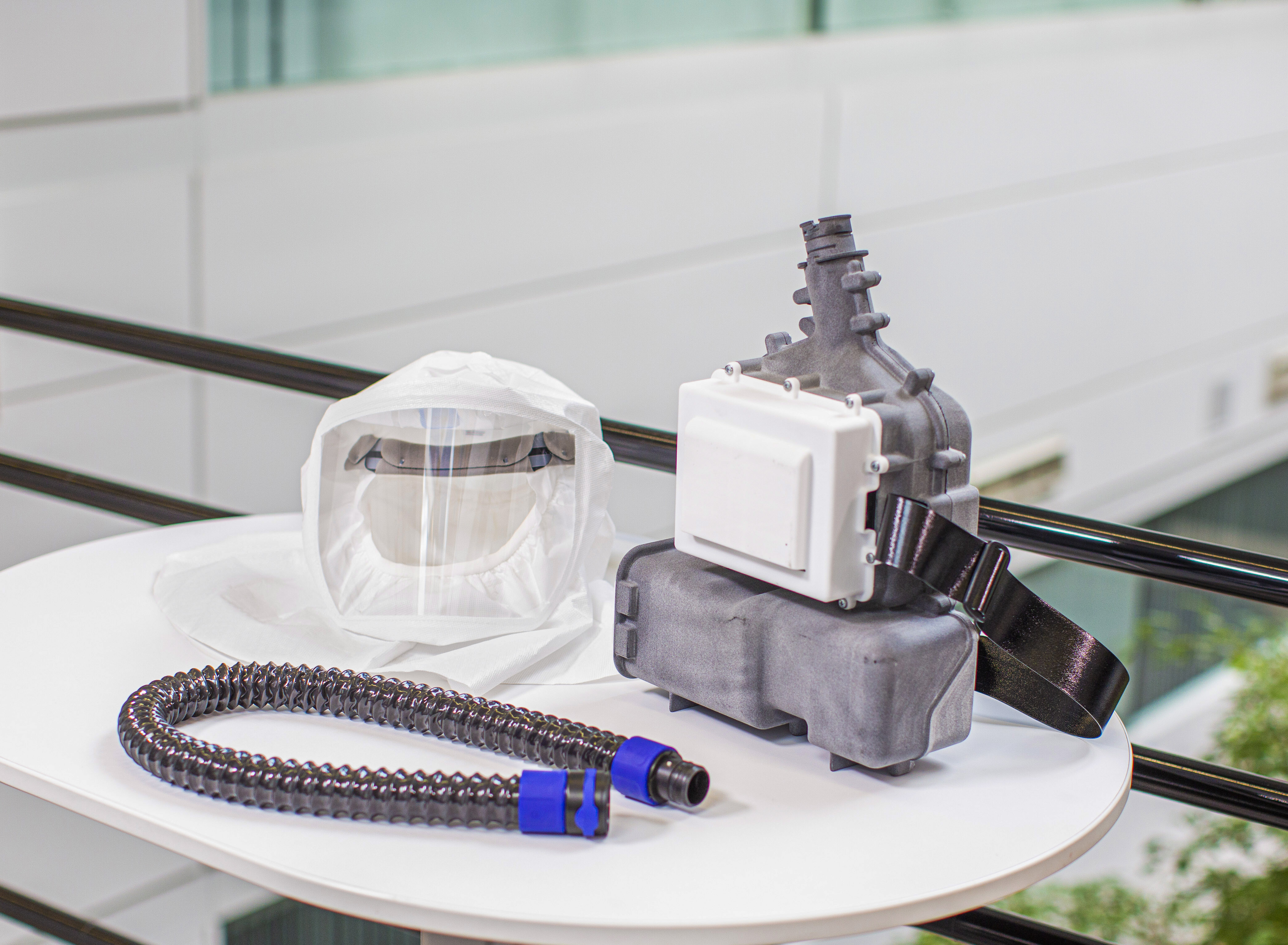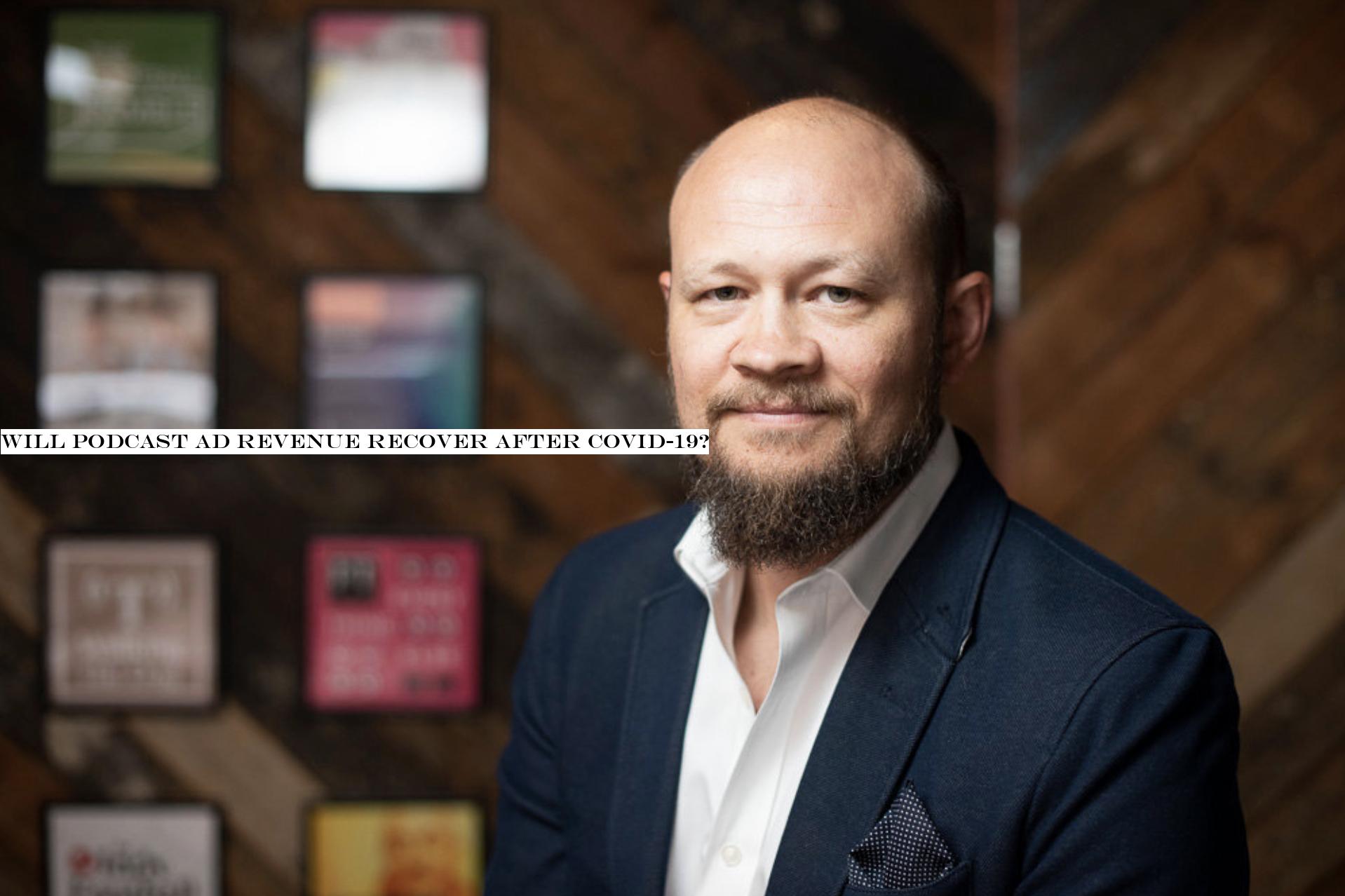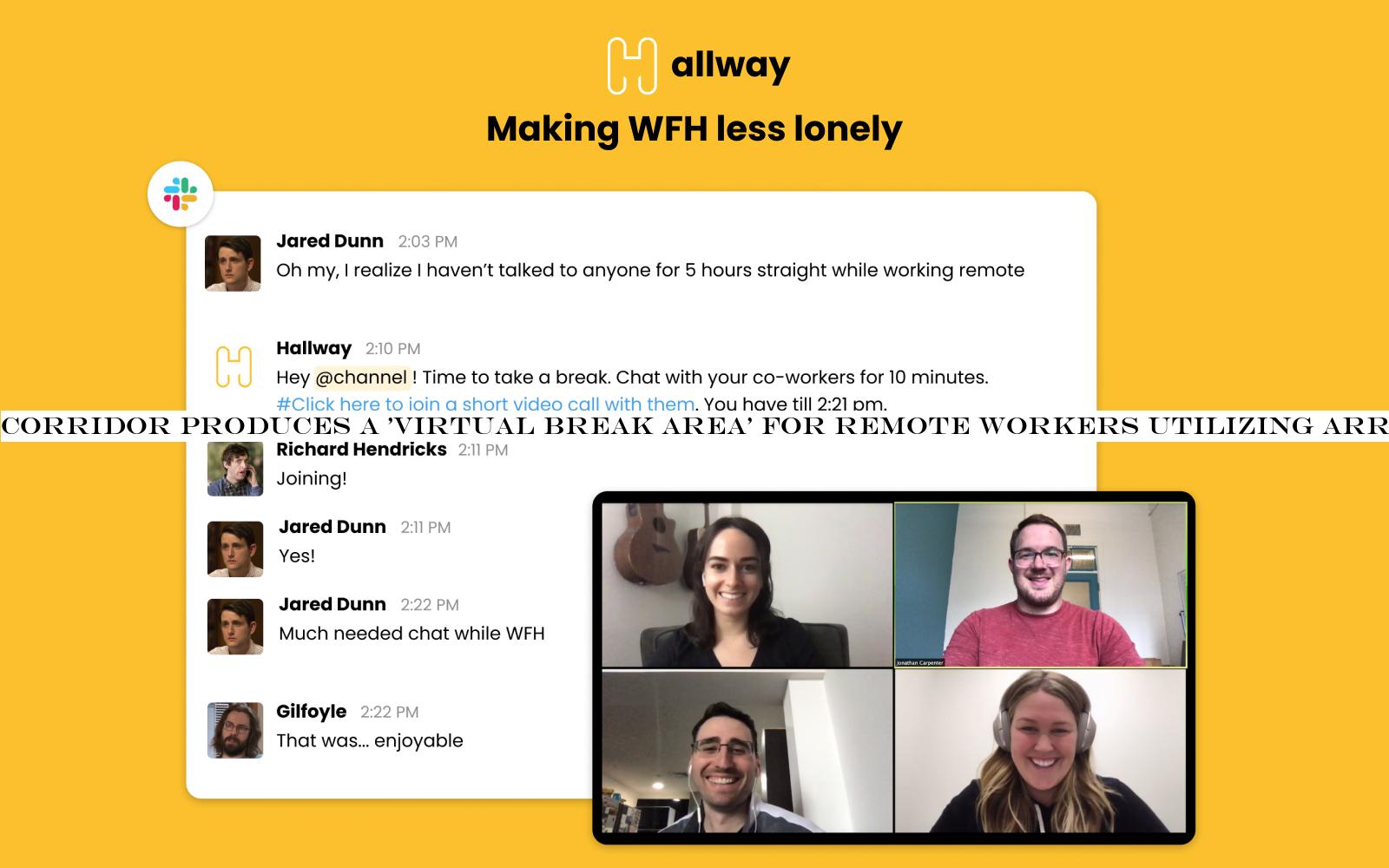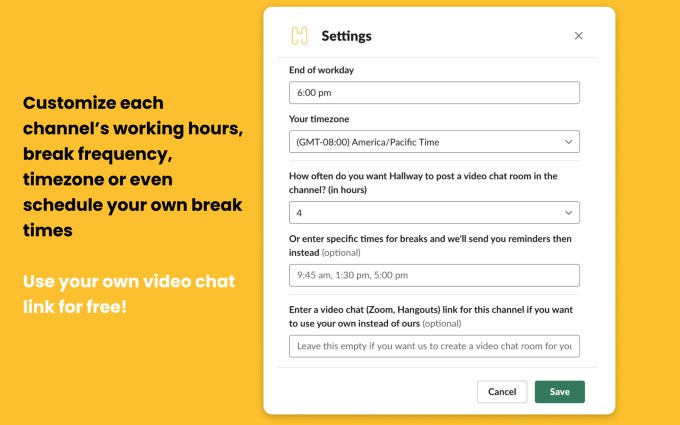The COVID-19 pandemic has led to different outcomes for different businesses. While some have stood to benefit (think Zoom, Facebook and bidet startup Tushy), others have been hit hard and laid off employees in order to survive. But there are some that fall somewhere in the middle. Autonomous driving startup Voyage believes it is not explicitly benefiting, but itnot at risk of going under either, says CEO Oliver Cameron.
Cameronresponse to the pandemic centers around three areas: passenger operations, technology and company-building. While operations have halted, Voyage is moving forward with its technology and has shifted the company to a 100% remote-work environment. With a post-pandemic world in mind, Cameron envisions more demand for autonomous vehicles.
Before COVID-19 was declared a pandemic, Voyage had already paused its consumer operations, which primarily serve seniors in retirement communities.
&We did that because, obviously, seniors are disproportionately impacted by this and it would be horrific for Voyage to be patient zero in the retirement community and this is something we were operating out of an abundance of caution,& says Cameron. &So we paused our operations from a consumer service perspective very early and we won&t open those up for quite some time. Ittough to say at what particular point because it seems like the consensus is it will be a progressive opening up of the economy, meaning some populations will be fine to go back to work and there will be some that are significantly impacted, like seniors, that are effectively locked down for an extended period of time. So we&re not in a rush to get that back up and running until we hear from the community itself that itOK to do that.&
Despite the hiatus in operations, Voyage is still running simulations and using a variety of automated testing tools to determine if it is making progress. For example, Voyage uses automation to test for regressions in perception. A challenge in perception is false positives and false negatives — that is, seeing something that isn&t there or not seeing something that is there, Cameron explains.
&And we have this pretty cool tool that enables us to monitor with each perception release if we are seeing regressions based on perception performance in the past,& he says. &We don&t need to be there in the real world to see that. We can just tell instantaneously if that is the case.&
Voyage also has a way of testing different permutations of environments to see how its planning and prediction software can handle different scenarios. Then, of course, it uses more traditional simulation tools provided by Applied Intuition.
&But we don&t fool ourselves into thinking that simulation or automated testing makes up for all that real-world testing brought to the table,& Cameron says. &It doesn&t, and theredefinitely going to be some time that we have to spend once we do get back on the road, fixing issues that we just couldn&t find as a result of not being on the road.&
From a company and personnel standpoint, Voyage has also transitioned into a remote-working company. It hasn&t been a distraction, according to Cameron, since Voyage embraced remote work some time ago.
&We&re lucky that we are able to weather the storm,& Cameron says. &We&ve got a good chunk of cash in the bank and, luckily, we raised at a reasonable time — at the end of last year — so we&re going to be fine.&
Many companies in the tech ecosystem have been forced to lay off employees amid the COVID-19 pandemic. Voyage, however, will seemingly not be one of them. As Cameron noted, Voyage raised a $31 million round in September.
&Therebeen a lot of discussion about great companies will weather this and the companies that were going to die anyway will die. I&m sure there is some truth to that, but some of it is just luck. Some of it is that you raised at a time you didn&t know was important, but turned out to be quite important. And, you know, our burn has always been low compared to others in the space. For us, we&ve always been frugal, and it turns out thatquite important in a pandemic.&
Despite Voyageuse of simulation, its automated testing and healthy bank account, the pandemic is still a major complication.
&I think itgot to set everyone back,& Cameron says. &I think there is a spectrum and there are companies that stand to benefit from this. We&ve seen with Zoom they stand to benefit from this. Remote working tools, they stand to benefit from this. And then you go all the other way to the end of the spectrum — those that are actively impacted like airlines, ridesharing, scooters and I believe we&re somewhere in the middle. The reason we&re in the middle is because in a post-virus world, I&m pretty sure behaviors change. ItTBD on how long those behaviors last, but itclear that behaviors are going to change.&
In that world where behaviors change, Cameron bets that driverless cars will add more value than traditional ride-hailing services. In a world where people may still be hesitant to get into a car with strangers, a driverless car would mitigate those fears, he says.
&In the short term, everyoneimpacted,& he says. &Therea slowdown in everything. In the medium and long term, we&ll be fine because I believe the demand is still there for driverless vehicles and even more so for those disproportionately impacted.&
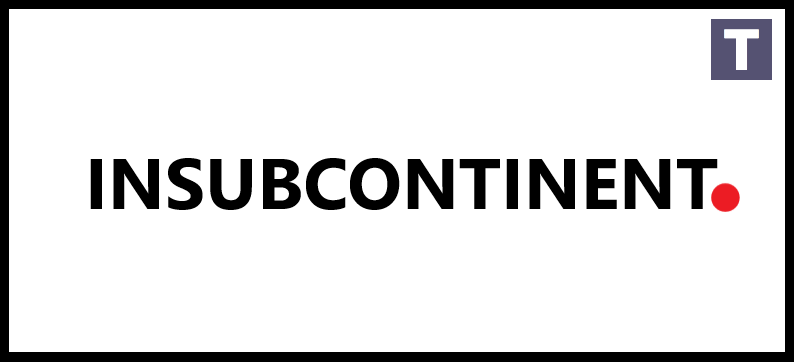
- Details
- Category: Technology Today
Read more: Driverless cars in the age of the novel coronavirus
Write comment (97 Comments)Clearbanc, a Toronto-based company that funds startups through equity-free investments, has laid off 17 employees to help it navigate the long-term economic impact of COVID-19, TechCrunch has learned.
The cuts impact about 8% of the staff, affecting roles ranging from office managers to recruiters and sales. Co-founder Michele Romanow says the company will use its connections to assist those affected by the layoffs to search for other work, and offer extended benefits through the end of the financial quarter.
Clearbanc has been noisy in its journey toward being a venture capital alternative for startups. Just last week, Clearbanc announced a new financing product to help startups avoid cutting staff and stay operationally afloat: Clearbanc Runway. And last year, it pushed out its &20-minute term sheet& to sell equity-free capital with a promise of founder friendliness. The model has seen the startup disburse $1 billion to nearly 2,200 companies so far, per its accounting.
In July 2019, the fintech company raised a $250 million fund and $50 million in equity to broaden its investment goals. The co-founders say Clearbanc is continuing to see an increased demand for its capital. It hired more than 140 people last year alone.
Clearbanc is in a somewhat unique position during this downturn, as it largely funds e-commerce businesses that have seen an uptick in usage as brick-and-mortar stores becomes less of an option due to social distancing.
However, last week, co-founder Andrew D&Souza pointed to unpredictable market conditions: &Therea lot of volatility and a lot of uncertainty,& he said.
&We&re certainly going to be more conservative than we would have been six months ago. It probably looks like us writing smaller checks, more frequently,& he told TechCrunch last week.
Todaylayoffs, according to the company, don&t directly impact Clearbancability to cut checks. Instead, the Clearbanc cuts signal that layoffs aren&t reserved for the time when the dry powder runs out. As the pandemic draws out, we&re learning that sometimes ita bit more preemptive than that.
A storm of layoffs have impacted a wide range of startups and industries across the world. While travel and hospitality companies have felt the blunt of the pandemiceconomic impact, broader cuts show that sales and recruiting teams from other industries are also vulnerable. Layoffs have been so ubiquitous that platforms have risen to help those laid off find their next gig. And in a time where uncertainty rules week to week, any effort to create meeting grounds for those with this tough shared experience is much welcome.

- Details
- Category: Technology Today
Read more: Clearbanc cuts team to browse 'long-term financial influences' of COVID-19
Write comment (98 Comments)